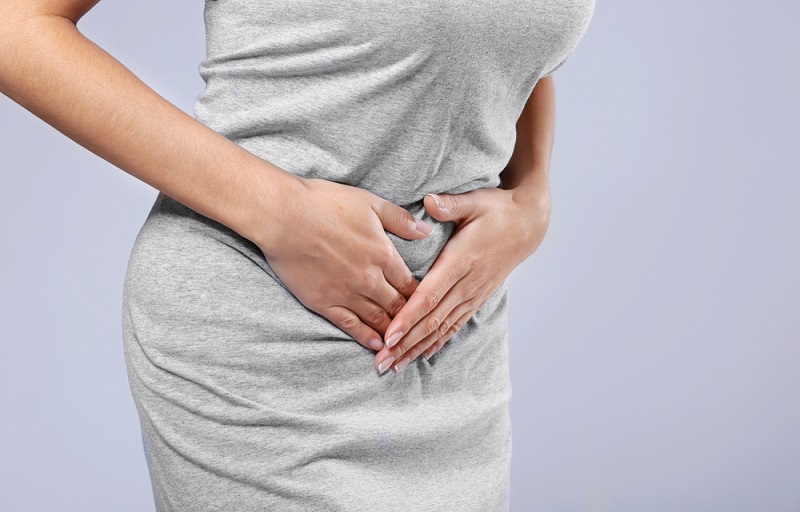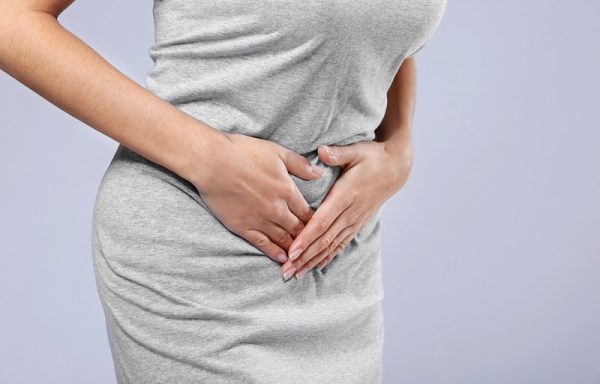For a disease that affects 1 in 10 Nigerian women, too little is known about endometriosis in Nigeria. It causes crippling pain, affects marriages, jobs and practically a sufferer’s entire life, and yet we don’t talk about it, much less seek medical help.
Today, Saturday, March 11th, 2017, men and women in Lagos turned out in their hundreds for #March4Endo, a walk to create awareness about this disease that has aptly been called the silent disease. Just yesterday, I was privileged to listen to the founder of the Endometriosis Support Group Nigeria, Dr. Abayomi Ajayi who is also the MD of Nordica Fertility Centre, speak on the disease. After his talk, I was determined to learn even more about this disease. After all, “1 in every 10” means I know a woman who is living with endometriosis!
Here’s a summary of what I’ve learnt so far:
1. The endometrium belongs in the uterus (womb). It’s that tissue that thickens in preparation for a baby and then sheds its lining when pregnancy does not occur, resulting in menstrual flow. When a woman has this endometrial tissue growing in any part of her body outside her womb, she is suffering from endometriosis.
2. The most common places for endometrial growth outside the womb are on the ovaries, fallopian tubes, and the pelvic area.
3. Only about 25% of women with this disease have no symptoms. In an estimated 70% of sufferers, endometriosis results in very painful periods that may become increasingly worse as the years go by. Excruciating period pain is one of the most common symptoms of endometriosis.
4. Endometriosis does not only manifest during periods. Sometimes sufferers bleed at times other than their period. Sometimes they bleed from other parts of the body, including internal bleeding. Sometimes they suffer pain even when it’s not their period, including lower back and abdominal pain.
5. Endometriosis starts at adolescence and continues until about forty, when it may reduce with the onset of menopause. This makes it super important for young girls to be informed.
6. Endometriosis has no cure, but there are treatments that can manage the symptoms. Laparoscopic surgery is also an option for some women who do not respond to the medication.
7. It is very difficult to diagnose endometriosis in Nigeria because most doctors are not used to it, and because the usual scans will not show anything wrong (unlike fibroids where growths can be seen).
8. For many women, endometriosis causes pain during and after sexual intercourse, which is often very disheartening.
9. Endometriosis causes infertility in about 50% of sufferers. In Nigeria, inability to conceive is what most commonly leads women to seek help and thus find out about the condition they’ve been enduring silently.
10. If you suffer from endometriosis, you are not alone and you don’t have to endure the distress in silence. Visit endometriosis-sign.org or contact @endosupportng on Twitter and you’ll be on your way to getting the help you need.
#IAmEndoAware #EndoSucks


